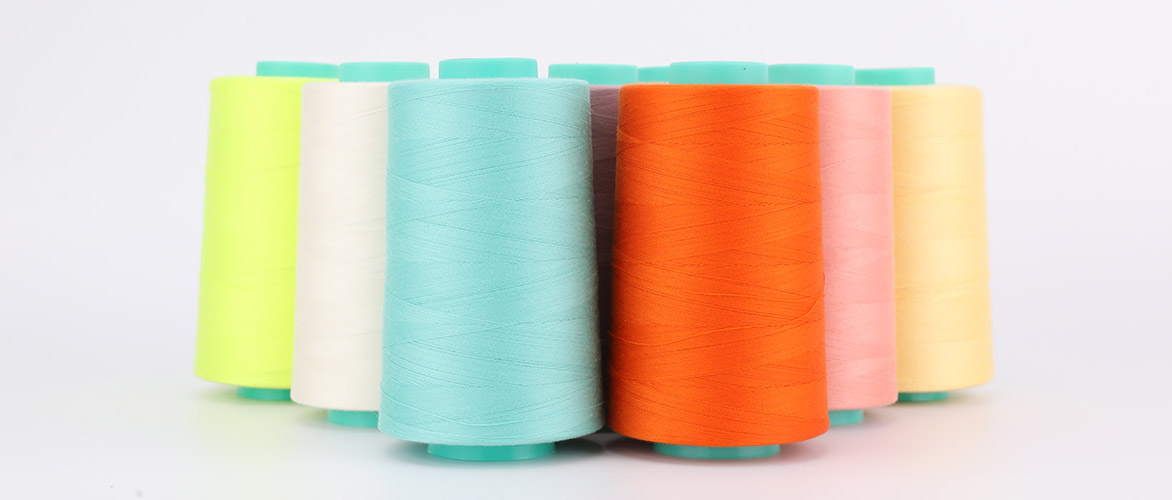In the realm of textiles, there are various materials available for different applications, each with its own unique set of characteristics. One such material that has gained popularity in recent years is staple spun polyester. This article explores the features, benefits, and sustainability aspects of staple spun polyester, shedding light on its versatile nature and its contribution to the textile industry.


Understanding Staple Spun Polyester
Staple spun polyester is a type of synthetic fiber made from polyester polymers. It is produced through a spinning process that converts polyester fibers into yarn. The term "staple" refers to the length of the polyester fibers, which are typically short and measured in inches or centimeters. These short fibers are then spun together to create yarn.
Features and Benefits
Durability: Staple spun polyester is known for its exceptional strength and durability. The fibers are resistant to stretching, shrinking, and wrinkling, making them ideal for applications that require long-lasting textiles. Additionally, the material is highly resistant to abrasion, ensuring it maintains its quality even with frequent use.
Versatility: The versatility of staple spun polyester is another key advantage. It can be blended with other fibers such as cotton or rayon to enhance specific properties or achieve desired aesthetics. This flexibility allows for a wide range of applications, including apparel, home furnishings, upholstery, and industrial textiles.
Softness and Comfort: Despite being a synthetic fiber, staple spun polyester can be engineered to provide a soft and comfortable feel. The fiber can be modified during the spinning process to create a variety of textures, from smooth and silky to soft and fluffy, providing a pleasant tactile experience for end-users.
Moisture Management: Polyester, including staple spun polyester, has inherent moisture-wicking properties. It efficiently wicks away perspiration from the skin, allowing it to evaporate quickly. This characteristic makes staple spun polyester an excellent choice for activewear, outdoor apparel, and other applications where moisture management is crucial.
Sustainability Aspects
In recent years, sustainability has become a significant concern within the textile industry. Here's how staple spun polyester contributes to a more sustainable approach:
Resource Efficiency: Polyester is derived from petroleum, a non-renewable resource. However, staple spun polyester requires fewer raw materials compared to other fabrics like cotton. The spinning process also produces minimal waste, making it a resource-efficient choice.
Recycling and Circular Economy: Polyester fibers, including staple spun polyester, can be recycled. Recycling polyester reduces the demand for new raw materials and minimizes environmental impact. By promoting the recycling and reuse of polyester products, the industry can contribute to a more circular economy.
Reduced Water Consumption: Polyester fibers, including staple spun polyester, generally require less water during the manufacturing process compared to natural fibers like cotton. This reduced water consumption is an essential aspect of sustainable textile production.
Durability and Longevity: The durability of staple spun polyester ensures that the products made from it have a longer lifespan. This longevity reduces the frequency of replacements and contributes to a more sustainable consumption pattern.
Staple spun polyester is a versatile and sustainable textile choice, offering durability, versatility, and comfort across various applications. Its inherent characteristics, such as strength, moisture management, and softness, make it an appealing option for both consumers and manufacturers. Additionally, the sustainability aspects of staple spun polyester, including resource efficiency, recyclability, and reduced water consumption, align with the industry's growing focus on eco-friendly practices. As the textile industry continues to evolve, staple spun polyester remains a reliable and responsible choice for a wide range of textile products.

 English
English Chinese
Chinese Japan
Japan


